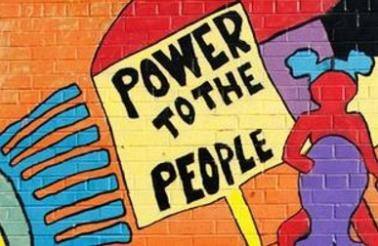
By Adam Browning
As the Durban climate talks come to a disappointing (if predictable) close, Politico takes a look at prospects for federal action on energy issues and breaks the news that with a deadlocked Congress — in a presidential election year — no one should expect anything anytime soon.
stify;”>For anyone anxious for change, that’s not a pretty picture. And given the fact that a majority of Americans favor an international treaty to curb climate change, and even more want to see an increased investment in renewable energy, the lack of action and dearth of options is teeth-grittingly frustrating. Unless you live in Maine.
When the newly elected governor (with 39 percent of the vote) threatened to roll back the state’s popular renewable standard, a coalition of local businesses and organizations banded together to do something about it.
Taking matters into their own hands, they are putting a 20-percent-by-2020 renewable energy standard on the ballot for 2012. It’s a strong push for renewable energy, with some good energy-efficiency provisions to boot. If you are waiting on an international climate treaty to address climate change, Durban shows again that you are going to need a very comfortable chair — perhaps one that floats. And any plan that involves Congress is, experience demonstrates, a bad plan.
For the forseeable future, the action is at the state level. What the Maine coalition is doing is no less than democracy in environmental decision-making. It’s also smart.
Renewable energy enjoys overwhelming popular support — the people are way ahead of policymakers on the subject. Any military strategist will tell you the importance of fighting on the terrain of your choice … and in this case, a citizens'' initiative is the most favorable battleground. Indeed, a good referendum on a renewable portfolio standard has never lost.
Colorado’s Amendment 37, Missouri’s Prop C, and Washington’s Initiative 937 all won. Here’s more information on getting involved. In a world of diminishing options for action, it''s one of the most effective things you can do to make progress.
Adam Browning is the executive director of Vote Solar.
Courtesy of www.grist.org

